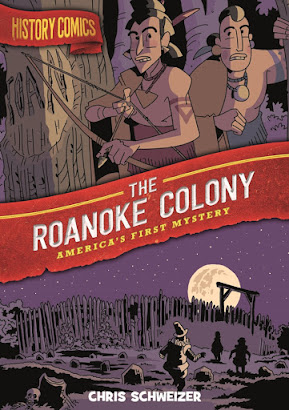But what is nostalgia, and why is it popular now? Here's the opening paragraph from the word's Wikipedia entry...
Nostalgia is a sentimentality for the past, typically for a period or place with happy personal associations. The word nostalgia is a learned formation of a Greek compound, consisting of νόστος (nóstos), meaning "homecoming", a Homeric word, and ἄλγος (álgos), meaning "pain, ache", and was coined by a 17th-century medical student to describe the anxieties displayed by Swiss mercenaries fighting away from home. Described as a medical condition—a form of melancholy—in the Early Modern period, it became an important trope in Romanticism.Nostalgia was originally described in terms of a disease with syptoms that included fainting, fever, indigestion, and the like. It wasn't until the late 1800s that scientists started to understand it wasn't a specific disease, but more of a mental state, frequently attributed to soldiers who were fighting far from their homes. It was seen roughly as an acute form of homesickness.
Evidently, there has not been very much scientific research done on nostalgia (relative to other aspects of memory) so there's a fair amount of theory out there without much data to back it up. But there has been a distinct shift in its overall meaning, and it has taken on fairly positive connotations in many instances, noting that it can help improve a person's mood or help relieve stress. Svetlana Boym, a professor at Harvard, has pointed out, though, that "nostalgia inevitably reappears as a defense mechanism in a time of accelerated rhythms of life and historical upheavals." That is, when a lot of social change is going on, people use nostalgia as a sort of emotional shock-absorber. While I don't know that a full historical analysis has been done on this point, there's certainly a lot of change happening now and a lot of nostalgia being embraced at the same time.
I've made no secret that I actively dislike nostalgia. My view is that life does not have a reverse gear, and you can't steer where you're headed very well if you're always looking in the rear view mirror. (Pretty sure I copped that analogy from somewhere, but I can't recall who/where.) There's nothing wrong with having happy memories, but focusing it on them prevents you from experiencing the now, much less moving forward. Nostalgia is the memory of being happy, not actually experiencing happiness, and I think many people can't make that distinction. So they revel in their nostalgia for bygone days as a means to avoid having to think about what's really going on in front of them.
What concerns me here isn't so much that some people continue to look to the past with such reverence, but that more and more people will do so as well. Because one of the other factors here is one I've mentioned on occasion: the rise in future shock. It's not that future shock itself is the issue, but what gives rise to it is the increasing speed with which change comes to us. Psychologist Alvin Toffler, who pioneered this idea, pointed out that by almost every objective measure, life is changing at an increasingly faster pace and shows no signs of slowing. His concern was that this would lead to more incidents of future shock, but if Boym's assertion is accurate as well, that would also lead to a rise in nostalgia.
I wonder how much of the media we consume these days is ensconsced in those issues. Not just the desire to reboot an old franchise, but the very notion of how characters should be treated. That is, the seemingly increased agitation we see against women and minorities making progress in the industry might be the direct result of people rejecting change because they've rooted their life perspective in nostalgia?
I've heard comedians joke that the opposite of progress is Congress. A fun play on words, but I think the real opposite is nostalgia.










0 comments:
Post a Comment